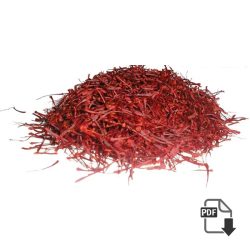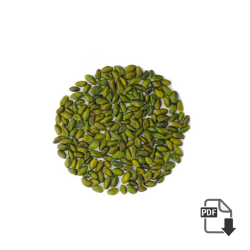Understanding the Benefits
Dried mulberries, known for their sweet flavor and chewy texture, are not just a delicious snack; they may also offer significant health benefits, especially for diabetics. These small, nutrient-dense fruits are packed with vitamins, minerals, and antioxidants, making them an excellent addition to a balanced diet. In this article, we explore whether dried mulberries are suitable for diabetics and how they can fit into a diabetes-friendly meal plan.
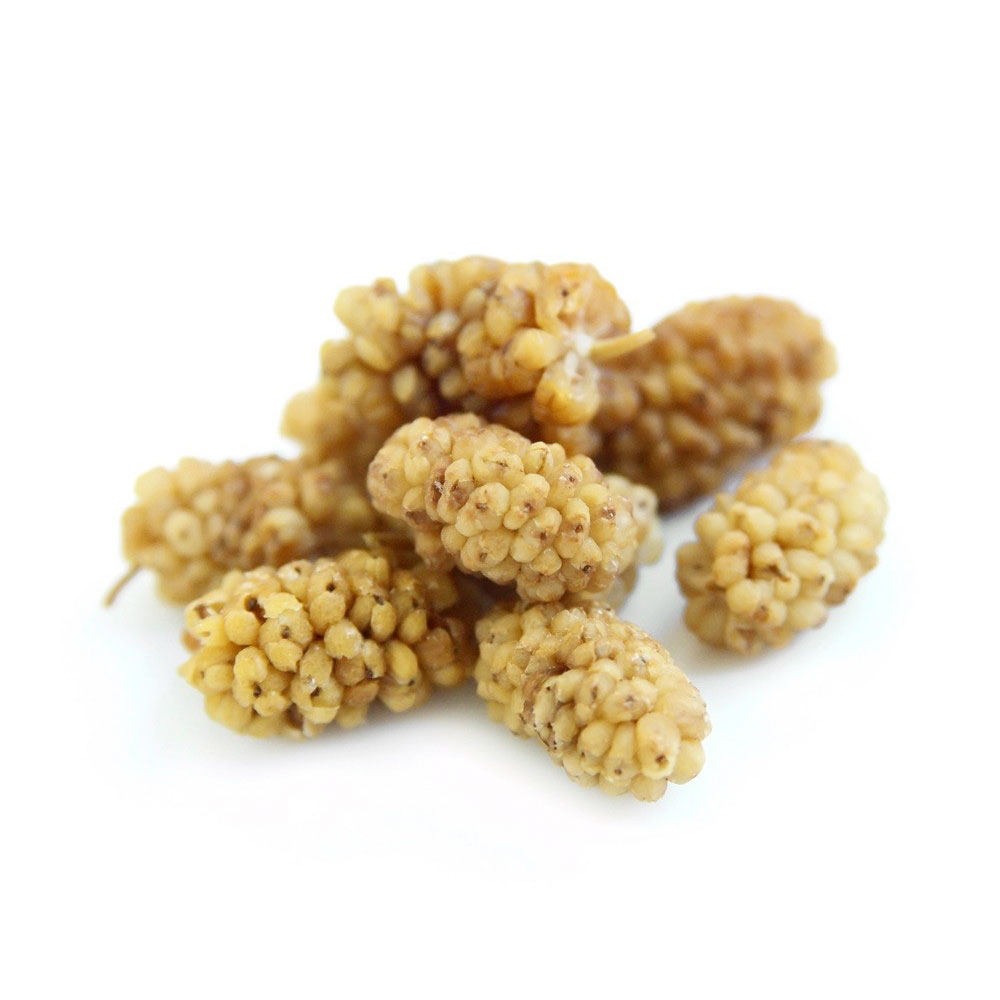
Nutritional Profile of Dried Mulberries
Dried mulberries are rich in essential nutrients, making them a healthy choice for anyone, including those managing diabetes. A 1-ounce (28-gram) serving of dried mulberries contains approximately:
- Calories: 60
- Carbohydrates: 14 grams
- Fiber: 2 grams
- Protein: 1 gram
- Fat: 0.5 grams
Additionally, they are an excellent source of vitamins C and K, iron, potassium, and antioxidants, which play a vital role in overall health and well-being.
https://www.irandriedfruit.com/dried-mulberries/
Low Glycemic Index
One of the primary concerns for diabetics is managing blood sugar levels. The glycemic index (GI) measures how quickly foods raise blood sugar levels. Foods with a low GI are generally considered safer for diabetics. Dried mulberries have a low GI, making them a smart choice for those monitoring their blood sugar.
- Sustained Energy: Due to their low GI, dried mulberries provide a steady release of energy without causing spikes in blood sugar levels. This quality makes them an ideal snack for diabetics who want to maintain stable energy levels throughout the day.
Rich in Fiber
Fiber is a crucial component of a diabetic-friendly diet, and dried mulberries are a great source of it.
- Improved Digestion: The fiber content in mulberries helps regulate digestion, preventing constipation and promoting gut health. A healthy digestive system is essential for overall well-being, especially for those with diabetes.
- Blood Sugar Control: Fiber also plays a significant role in blood sugar regulation. It slows down the absorption of sugar into the bloodstream, helping to maintain stable blood sugar levels. Including fiber-rich foods like dried mulberries can aid in better glycemic control.
Antioxidant Properties
Dried mulberries are loaded with antioxidants, which can provide additional health benefits for diabetics.
- Combatting Oxidative Stress: Diabetes is often associated with increased oxidative stress, which can lead to complications. The antioxidants found in dried mulberries, such as resveratrol and anthocyanins, help combat oxidative damage, potentially reducing the risk of diabetes-related complications.
- Inflammation Reduction: Chronic inflammation is another concern for diabetics. The anti-inflammatory properties of antioxidants in dried mulberries may help lower inflammation levels, contributing to better overall health.
How to Incorporate Dried Mulberries into Your Diet
Dried mulberries can be easily added to your daily meals and snacks. Here are some simple ideas:
- Trail Mix: Combine dried mulberries with nuts and seeds for a nutritious trail mix that provides healthy fats and protein.
- Smoothies: Add a handful of dried mulberries to your smoothies for a natural sweetness and additional nutrients.
- Baking: Incorporate dried mulberries into baked goods like muffins or granola bars for a chewy texture and rich flavor.
Precautions for Diabetics
While dried mulberries have many benefits, moderation is key. Due to their natural sugar content, it’s essential for diabetics to consume them in controlled portions. Always consult with a healthcare provider or nutritionist to determine the best dietary choices for your specific health needs.

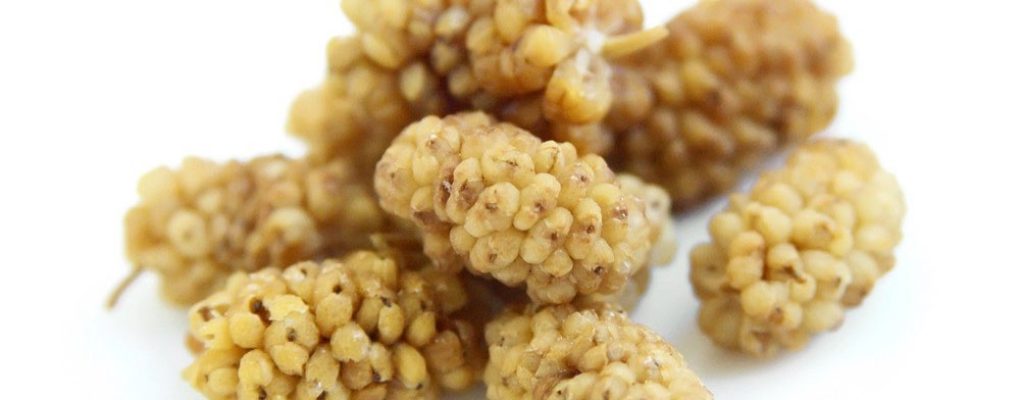
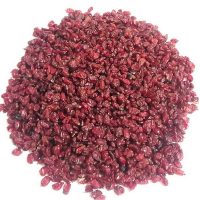
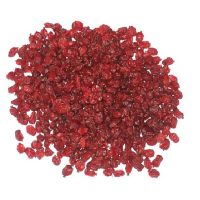
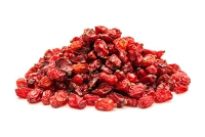
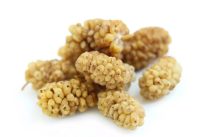
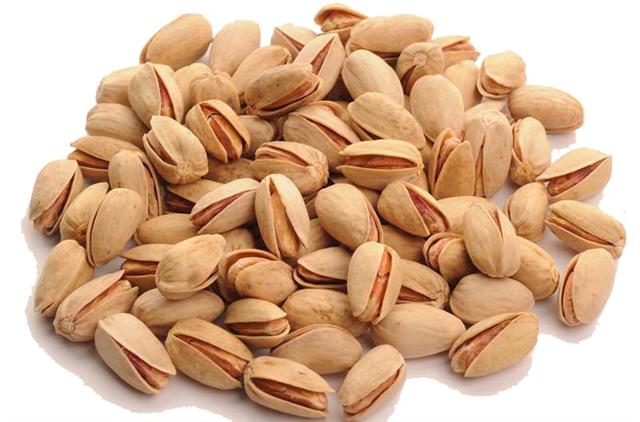
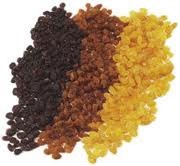 3 kind raisin
3 kind raisin 

